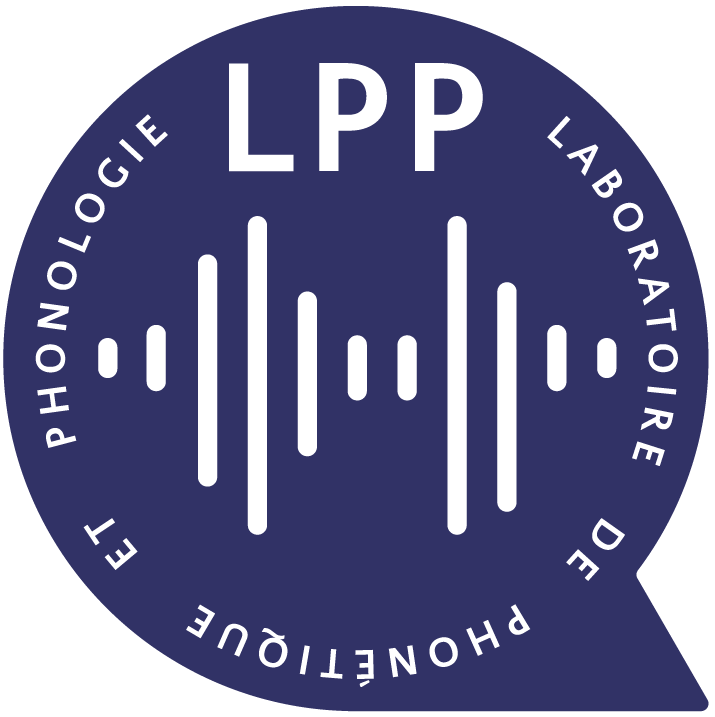Cross-language research on consonant cluster production has shown that consonant clusters in different languages are produced with different degrees of articulatory timing lag. For instance, German onset consonant clusters are produced with relatively shorter inter-consonant lag than Georgian ones. The present study examines perceptual sensitivity to these cross-linguistic timing differences.
Native listeners of Georgian, German, French, and Japanese are tested on an AXB similarity judgment task using stimuli including consonant clusters produced by German and Georgian speakers. Stimuli are /bla, gla, gna/ syllables recorded along with articulatory (EMA) data. Short lag German tokens and long lag Georgian tokens are selected as A and B, with Xs of varying degrees of lag chosen from either Georgian or German recordings. Results show that all four groups of listeners are sensitive to the cross-linguistic differences in articulatory timing lag : when the timing lag of X is closer to A (or B), participants are more likely to choose A (or B, respectively). [Georgian : β=0.69, p<0.001 ; German : β=0.74, p<0.001 ; French : β=0.44, p<0.001, Japanese : β=0.48, p<0.01]. This finding suggests that adult listeners are capable of discerning non-native sub-phonemic details regardless of their native phonotactics. Effects of sub-phonemic details on similarity judgments by the four listener groups are investigated. These include different measures of articulatory lags and acoustic properties that are known to be related to inter-gestural timing within clusters (e.g., presence or duration of vocalic release). Implications of possible task effects will be discussed.
Prochains événements
Voir la liste d'événementsSRPP Beyond reaction time: Articulatory evidence of perception-production link in speech using the Stimulus-Response Compatibility paradigm.
Takayuki Nagamine (Department of Speech Hearing and Phonetic Sciences, University College London)
SRPP 13/03/2026 Christophe Corbier
Christophe Corbier (CNRS, IReMUS)
SRPP 20/03/2026 Claire Njoo
Claire Njoo (Université Paris-Sud)
SRPP 27/03/2026 Rasmus Puggaard-Rode
Rasmus Puggaard-Rode(University of Oxford)


